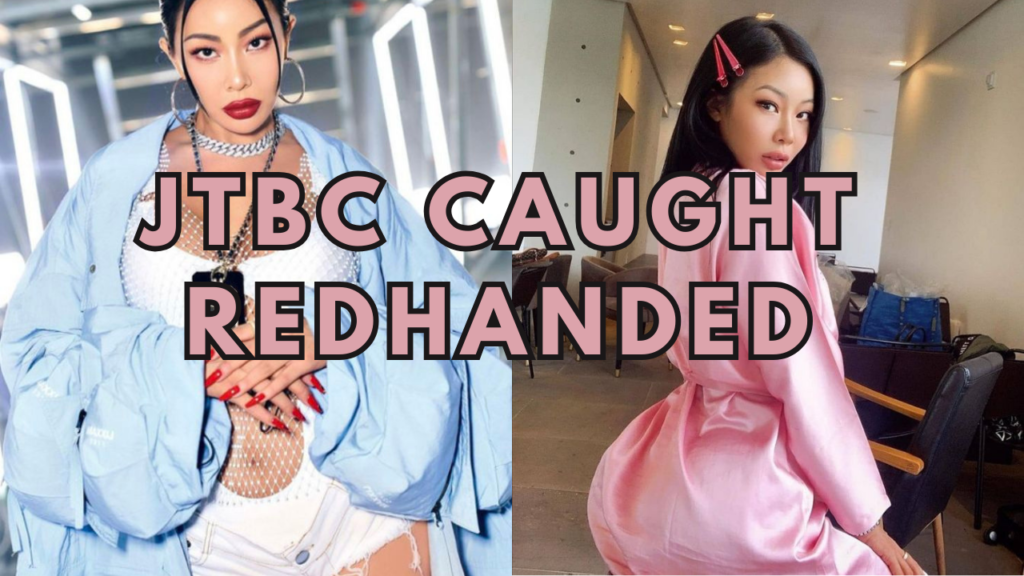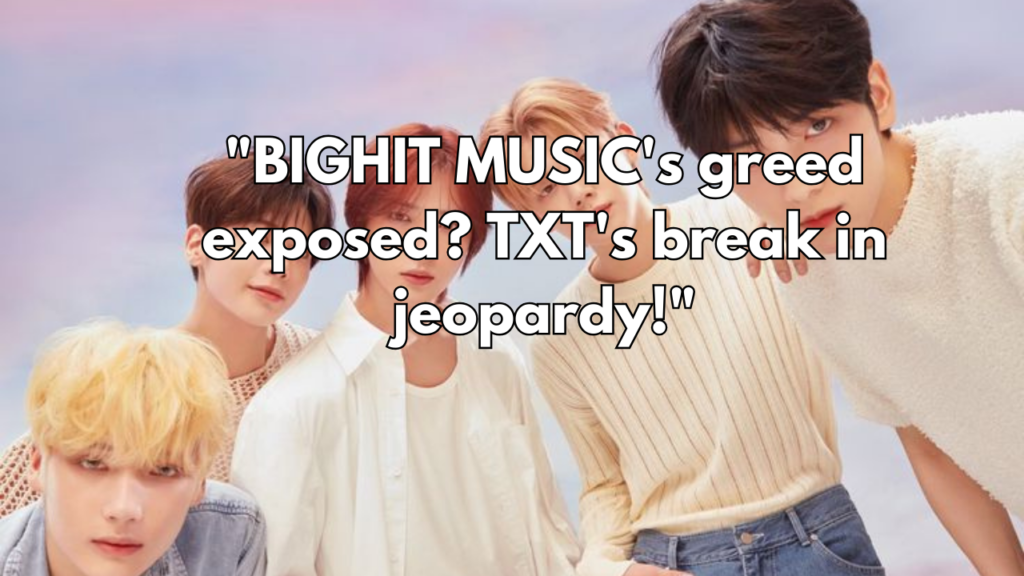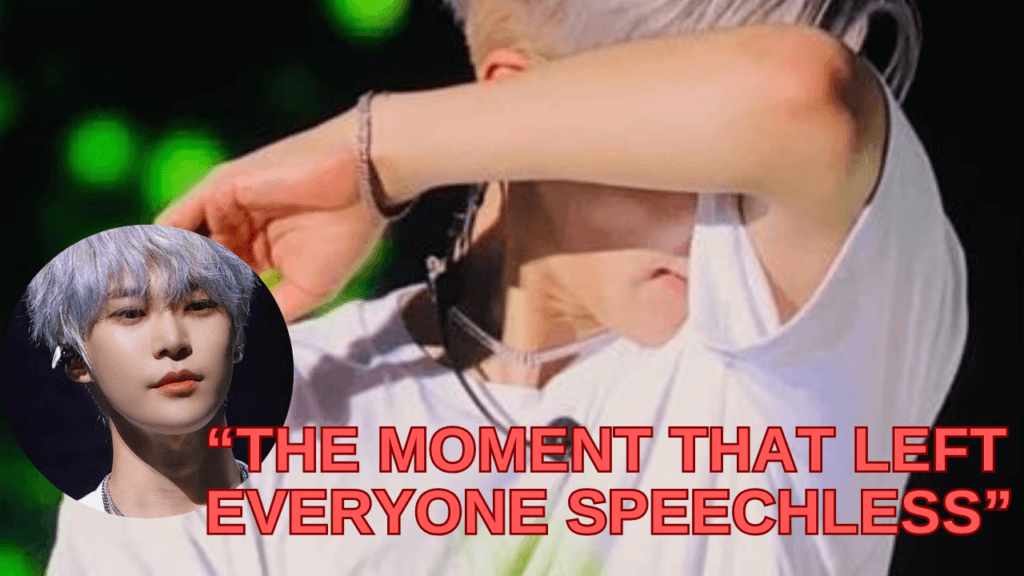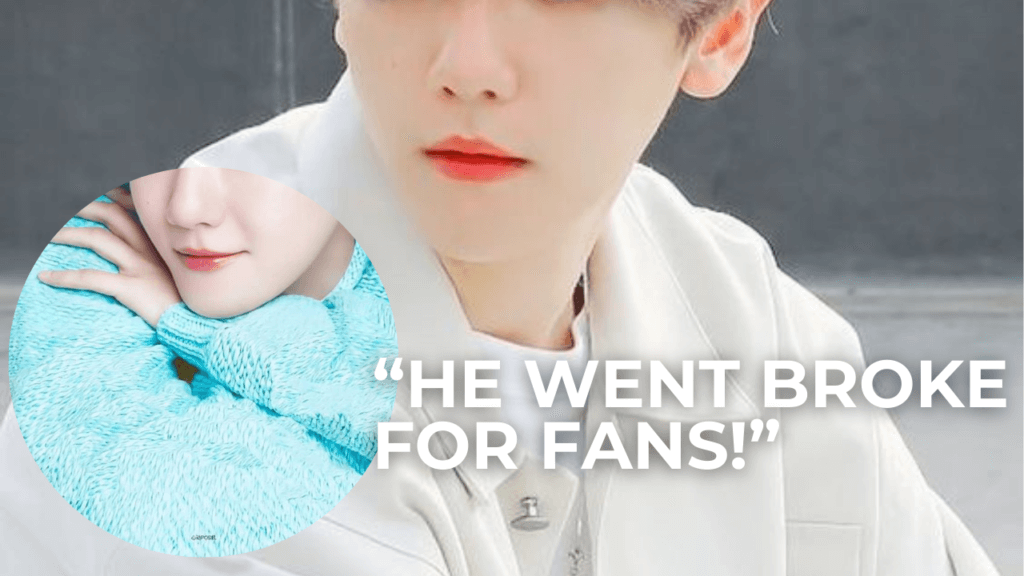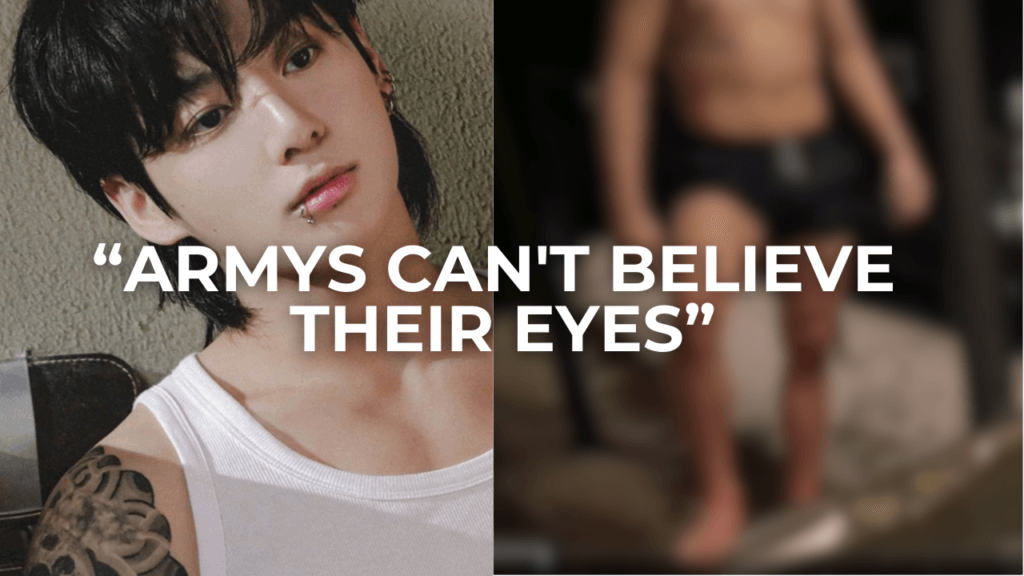The JTBC deceptive editing scandal has sparked widespread outrage in the Korean entertainment industry. Recent revelations show JTBC deliberately manipulated footage of an incident involving popular soloist Jessi. The controversy centers around a September 28 assault case in Gangnam, Seoul, which has now become a significant media ethics debate.
Initial Incident and Media Coverage
The original incident occurred when an underage fan approached Jessi for a photo in Gangnam. A man, initially thought to be Jessi’s acquaintance, suddenly assaulted the young fan. JTBC’s edited footage portrayed Jessi negatively, suggesting she ignored the situation and walked away. However, complete footage later revealed she actively tried to stop the assault and showed genuine concern.
The situation quickly escalated when JTBC aired their edited version of events. Their selective editing painted Jessi as indifferent to her fan’s safety. This misrepresentation led to severe public backlash against the artist, damaging her reputation among Korean entertainment enthusiasts.
JTBC’s Deceptive Practices Exposed
The broadcasting station’s manipulation of the footage has drawn severe criticism from industry experts and netizens alike. Witness ØHENRY, who was present during the incident, came forward to confirm Jessi had no connection to the assailant. The police investigation thoroughly cleared Jessi of all charges, finding no evidence of her involvement or alleged intimidation.
Media analysts have pointed out several inconsistencies in JTBC’s edited footage. The station deliberately omitted crucial moments showing Jessi’s intervention. This revelation has exposed JTBC’s deliberate misrepresentation of events, raising serious questions about journalistic integrity.
History of Misleading Coverage
This isn’t JTBC’s first controversy regarding deceptive editing practices. The station previously faced significant criticism for misrepresenting BTS Suga in another incident. Their pattern of manipulating footage to create controversy has raised serious concerns about media ethics in Korean entertainment journalism.
Industry experts have noted similar instances where JTBC altered footage to generate sensational headlines. This recurring pattern has led to calls for stricter regulations on broadcast journalism and fact-checking protocols.
Impact on Korean Media Landscape
The scandal has sparked a broader discussion about media responsibility in Korean entertainment. Several media watchdog organizations have launched investigations into JTBC’s editing practices. Entertainment companies are now demanding more transparency in how their artists are portrayed in news coverage.
Korean netizens have initiated online campaigns demanding accountability from JTBC. The hashtag #JTBCApologize has trended multiple times, reflecting public outrage over the manipulation of news content.
Final Thoughts on the JTBC Deceptive Editing Scandal
The truth behind JTBC’s edited footage has vindicated Jessi completely. Public opinion has shifted dramatically in her favor as more facts emerge about the incident. The scandal has become a turning point in discussions about media ethics and responsibility in Korean entertainment journalism.
This incident serves as a reminder of the power media outlets hold and their responsibility to report truthfully. What are your thoughts on media responsibility in reporting celebrity news? Share your views in the comments below.

